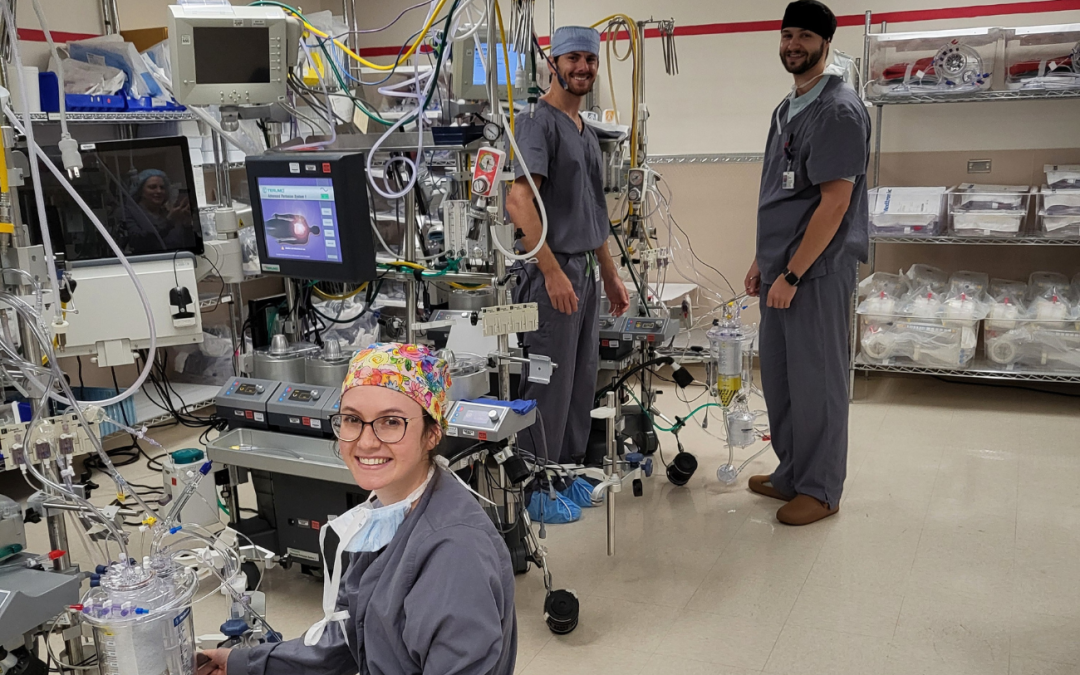Being on-call means not always being able to finish what you need to finish. Cooking, grocery shopping, exercising, cleaning—these all can be put on the back burner. Especially after being called in to work an extensive, stressful surgery, all you may want to do when you get home is relax. But how do you find the time to do the things that need to be done?
When you can’t keep up with house chores, you haven’t exercised in weeks, you’ve been eating mainly fast food, and you’re just tired, it can affect your stress levels. It’s important to us, at Connect Perfusion, that you feel your best. You need to be taking care of you. Luckily, it is possible to manage your time in a productive way. Here’s how:
1. Prioritize Your Tasks
Start each week by identifying the most essential tasks. Whether it’s meal prepping, laundry, or fitting in a quick workout, knowing what absolutely needs to be done will help you focus on what’s important.
2. Meal Prep When You Can
When you have a free evening, cook meals in bulk. This way, you always have healthy, home-cooked options ready, even when you’re exhausted after a long shift. Freezing individual portions can also be a game-changer.
3. Use a Time-Blocking System
Allocate specific blocks of time for tasks like cleaning, grocery shopping, or working out. Even 15–30 minutes of dedicated time can make a difference and prevent chores from piling up.
4. Automate and Delegate
Use delivery services for groceries, set up automatic bill payments, and delegate household tasks if you live with a partner or family. Minimizing the number of small tasks you have to worry about frees up mental space.
5. Set Realistic Goals
Don’t expect yourself to keep up with everything perfectly. Some weeks will be tougher than others, and that’s okay. Set realistic goals so you don’t feel overwhelmed or guilty for not doing everything.
6. Fit in Quick Workouts
Exercise doesn’t have to mean an hour at the gym. Short workouts, stretching, or even a 10-minute walk can help you maintain your physical and mental health. Look for opportunities to move throughout your day.
7. Create a Wind-Down Routine
After a stressful shift, it can be hard to unwind. Set aside time before bed to relax without screens—whether that’s reading, listening to music, or meditating. Good sleep hygiene helps prevent burnout.
8. Use a Planner or App
A simple planner or scheduling app can help you keep track of shifts, appointments, and personal tasks. Writing things down makes them feel more manageable.
9. Make Time for Yourself
It’s easy to put self-care last, but it should be a priority. Schedule downtime just like you would any other responsibility. Even small moments of relaxation can help prevent exhaustion.
Balancing the unpredictable nature of being a perfusionist with everyday responsibilities can be challenging, but it’s not impossible. By implementing these time management strategies, you can take better care of yourself while excelling in your career. Remember, the better you manage your time, the better you’ll feel—both at work and at home.
For more tips and updates, follow us on Facebook, Instagram, or LinkedIn and stay connected with the Connect Perfusion community!

